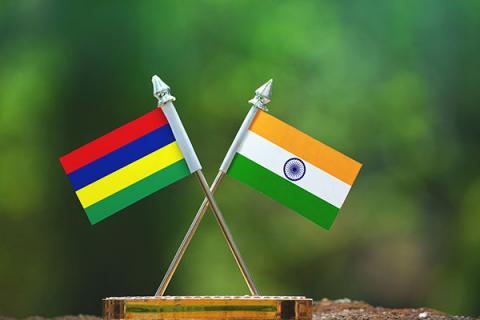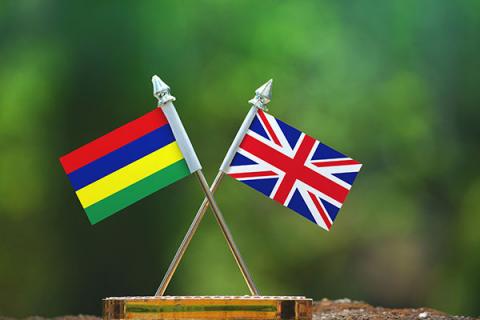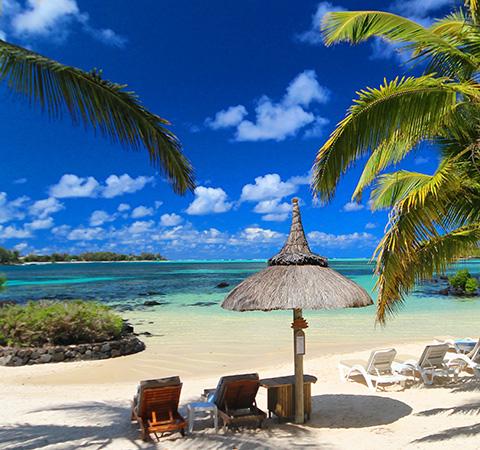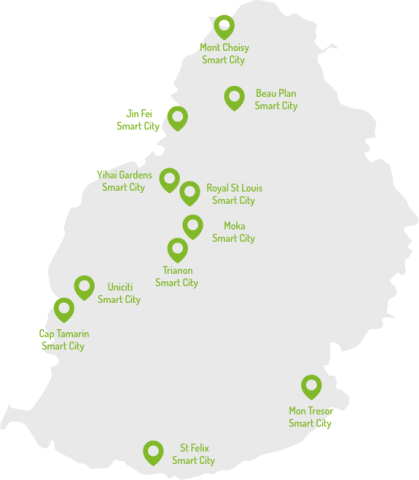WHY MAURITIUS
Mauritius being a diverse and multicultural nation of 1.3 million people, offers a range of investment opportunities in different sectors.
Its ease of doing business ranking and stable governance creates the perfect business climate possible.
1.3 million
Population
4.8 % (2021)
REAL GDP GROWTH RATE
0.17 million
TOURIST ARRIVALS
198 billion (2021)
TOTAL IMPORT (C.I.F)
78 Billion
TOTAL EXPORT (F.O.B)

10230 $
GNI PER CAPITA
A competitive, well-diversified & broad-based economy
Over the years, Mauritius has crafted a strong growth-oriented developmental path which has enabled us to achieve one of the highest per capita income in Africa. Indeed, from USD 400 in 1968 when we obtained our independence, our development strategy has propelled us in the league of high-income countries with a GNI per capita of USD 12,740 in 2019. This strategy, built on a combination of political stability, strong institutional framework, and favorable regulatory environment have established the foundation for economic development, while open trade policies have been key in sustaining growth, gradually transforming Mauritius from a monocrop economy dependent on sugar cane as main source of foreign earnings in the 1960s into a competitive, well-diversified and broad-based economy and is now open for investment in over 15 sectors of activity.
Good Governance and Investor Protection
Mauritius is a beacon of political, social and economic stability. With its wide network of Double Taxation Avoidance Agreements and Investment Promotion and Protection Agreements (IPPAs), Mauritius offers investors a conducive environment for doing business which guarantees predictability, certainty and security. Mauritius is currently home to the following arbitral institution: the Permanent Representative Office of the Permanent Court of Arbitration (PCA).
International Accolades/ Benchmarks
Mauritius is amongst the top 20 countries in the world for ease of doing business and has over the years consolidated its leadership position in Sub Saharan Africa. This acknowledgement by the World Bank confirms that Mauritius remains a competitive and attractive jurisdiction for the international investors’ community. To further streamline processes and facilitate ease of doing business in Mauritius, the Economic Development Board, in collaboration with the European Union have officially launched the National Electronic Licensing System (NELS) on Thursday 28th March 2019.
The main objective of implementing a National Electronic Licensing System is to offer a single point of entry for application, payment and determination of business-related licences and permits.
As part of the reforms underway, a Business Process Reengineering exercise is being carried out to streamline processes for the determination of 140 business-related licenses and permits across 14 ministries. The setting up of NELS reaffirms the commitment of the Government to enhance our technological capabilities in addressing regulatory challenges.

A sophisticated International Financial Centre of Substance
Mauritius has a sophisticated, transparent and well-regulated international financial centre with a conducive ecosystem offering a complete range of financial products such as treasury management centres, global funds, protected cell companies, captives, family offices and trusts. To incentivize new activities, the Government has introduced tax holidays for setting up regional headquarters, investment banking, and fund management, amongst others.






Currently, Mauritius offers preferential market access which guarantees a privileged access to 26% of the world’s population, given the country’s adherence to regional economic blocs such as COMESA, SADC, IOC, Interim EPA, and the AGOA. Furthermore, a Free Trade Agreement with Turkey (FTA) as a well as a Preferential Trade Agreement (PTA)with Pakistan are in place.

In addition, Mauritius has also concluded a Free Trade Agreement (FTA) with China. The country is equally negotiating a PTA with Indonesia.

We are also on the final stage of concluding a Comprehensive Economic Cooperation Partnership Agreement (CECPA) with India. These new agreements once concluded will guarantee a preferential market access to 68% of the world’s population.

Although the internal market is small, market access to key emerging and mature markets offer compelling advantages to businesses to locate in Mauritius. It is worth noting that with Brexit, Mauritius has already signed an economic partnership agreement with the UK under the ESA-UK Economic Partnership Agreement (EPA) which will guarantee same access for Mauritian products into the UK. ESA comprises Madagascar, Mauritius, Seychelles, Zimbabwe and Comoros.





